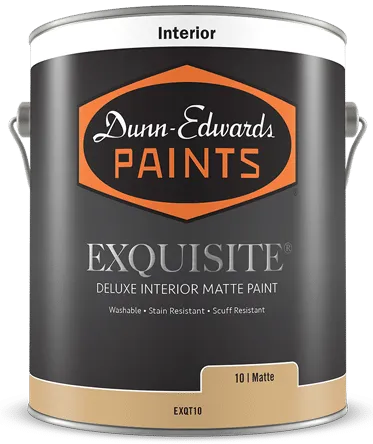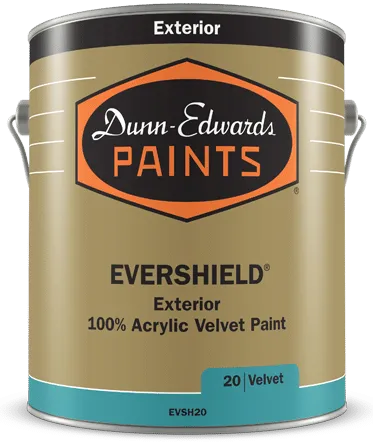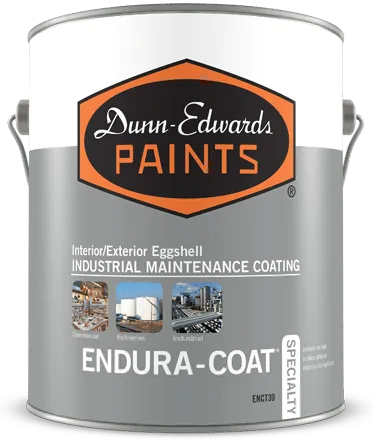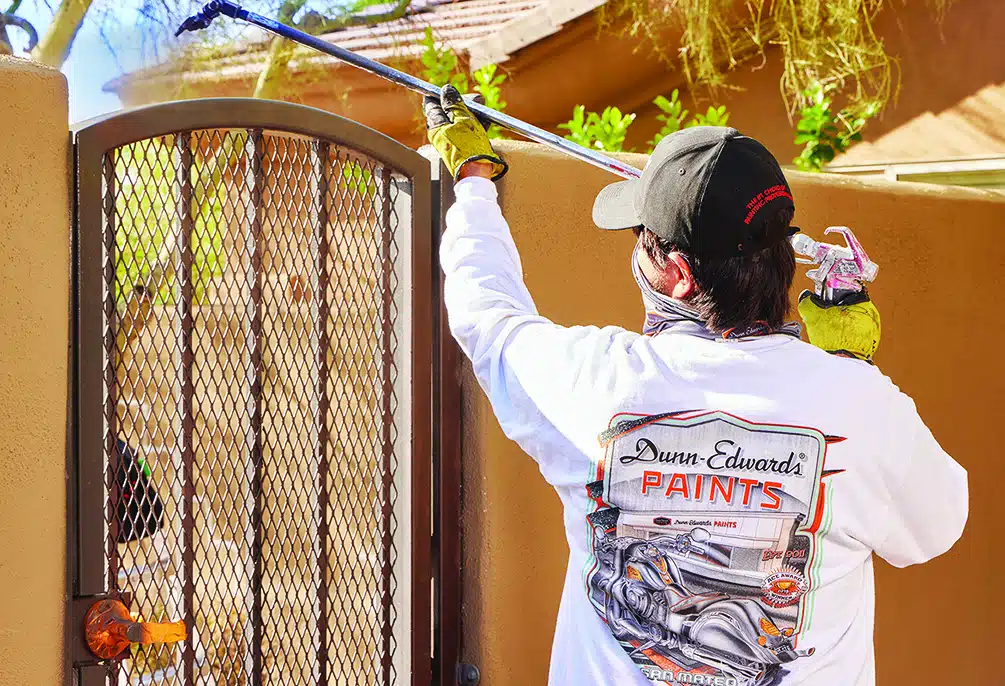How to Choose a Painting Contractor
When deciding to paint the interior or exterior of your house, your first instinct may be that you can do yourself, and you probably can. But remember, your time is valuable, and painting is a skill that requires considerable expertise. So, consider hiring a professional painter to paint your house. Professional painter Cole Schaefer gives you tips and questions to ask when hiring a painting contractor.
View Transcript
| Video/Text on-screen | Copy |
|---|---|
| Opening - Dunn-Edwards logo | [Music] |
| Man talking | Hi. I'm Cole Schaefer, professional painter, and welcome to Dunn-Edwards Paints "How to Paint" video series. When deciding to paint the interior or exterior of your house, your first instinct may be that you can do yourself, and you probably can. But remember, your time is valuable, and painting is a skill that requires considerable expertise. So, consider hiring a professional painter to paint your house. Using a professional painting contractor takes the stress out of painting the inside or outside of your home and finding the right one is the most important decision in order to achieve the best results. In this video, we'll share tips to help you choose a reputable painting contractor-- someone with good experience that knows the best products and tools needed to do the job right. So let's start by discussing why you should hire a reputable paint contractor? You see, many of the tasks involved in painting projects, such as sanding surfaces, working on ladders, using power equipment, or sometimes using solvents and other chemicals can be hazardous. Experienced painters understand the appropriate steps needed to avoid these hazards, especially when it comes to surface preparation safety. They're also familiar with the appropriate paints and tools, as well as how to use them effectively to ensure a quality finish. Reputable painters also know how to handle and properly dispose of hazardous wastes. So once you've made the decision to hire a professional painting contractor, it's time to specify the work. With each painter, make sure you receive an estimate for the same work. Prepare a list of what needs to be done, and be sure to include what paint color and gloss level you'd like. Also, a completion date should be provided. Now once you have three qualified painters in mind, invite them to visit your home and have them provide an estimate. For each estimate received, make sure you get the details in writing. |
| Checklist when hiring a contractor | For example, a painter's contact information, your contact information, specification of the exact work to be done, including all areas to be prepared and painted, products and colors to be used, including brand names, completion date, and total cost. |
| Man talking | Next, you'll want to check each painter's references. A qualified painter will provide references. If they don't, ask for them. The work completed for each referral project should be similar in size and scope to yours, and some should be a few years old to see the quality of the work over time. If possible, ask to see some finished projects to verify results. Ideally, you'll want to call each referral and ask the following questions. |
| Referral checklist | Was the job completed on time? Were you satisfied with the results? Did the final cost match the estimate? Was the painter's work disruptive? Would you hire that painter again? |
| Man talking | When comparing estimates, ask for a breakdown of material and labor costs, so you can make a fair comparison. Another good indicator to hiring the right painting contractor is to pay attention to each painter's presentation. Are they polite, professional, and dressed appropriately? Presentation will most likely reflect the type of work they do. Ask to see a certificate of insurance. Painting can be dangerous work, so it's important to hire an insured painter, so you're not held responsible for any injuries to the painter or crew members. Contractor licensing laws and regulations very in each state. So be sure to check your state government's website for more information on laws in your area. And most importantly, get it in writing. Both you and your painter should sign a written contract that specifies the project's scope. |
| Project scope checklist | It should include details on how surfaces will be prepared prior to painting, and how your property will be protected. It should also include how surfaces will be painted, the exact paint products to be applied, a time schedule, and payment terms. |
| Man talking | When making payments, avoid paying cash. If this is not an option, be sure to get a receipt upon payment. Payment by check works well because the cancelled check is a good payment record, and don't pay more than 10% to 30% up front. And keep all payment records, and only make your final payment once you're completely satisfied with the quality of the work. And lastly, there are numerous choices when it comes to paint, but not all paints are created equal. Paint performance can vary, so make sure you know what products your painter intends to use. Now keep in mind-- premium paint may cost more, but it maintains its durability longer, so your home doesn't require frequent repainting. Most importantly, make sure the specified paint in the contract is actually used on the job. To learn more about paint and painting, watch the other "How to Paint" videos on DunnEdwards.com/videos. For Dunn-Edwards Paints, I'm Cole Schaefer. Thanks for watching, and happy painting. |
| Closing - Dunn-Edwards logo | [Music] |






